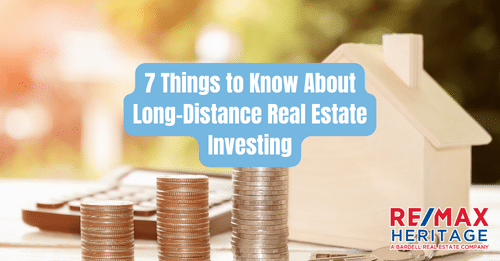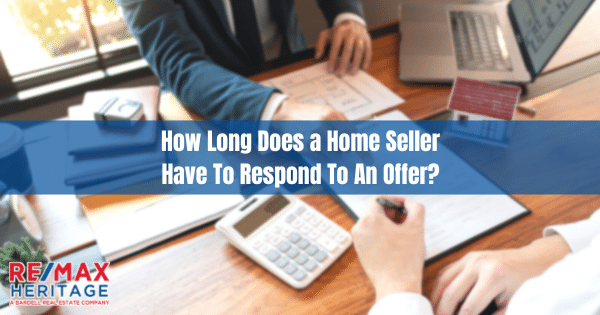
Questions To Ask Before Hiring an Agent
Questions To Ask Before Hiring an Agent

Questions To Ask Before Hiring an Agent
Ready to buy a house? Then you’ll want to learn a few questions to ask a real estate agent—the go-to pro whose sole goal (at least as far as you’re concerned) is to help make your home-buying dream come true.
But not all real estate agents are created equal, which is why Peggy Yee, recommends interviewing at least three agents before deciding who you want by your side for this most important of all purchases. To help you figure that out, here are 10 questions to ask a real estate agent to suss out which one is right for you.
1. How long have you been a real estate agent?
You want a professional who knows the ins and outs of the business, and that level of knowledge comes only with experience. Look for someone with at least a few years in the business. If the agent is a rookie, ask him if he will receive hands-on guidance from a real estate broker in his office (a broker is someone who has taken real estate education courses beyond the agent level and often manages a team of agents).
2. What neighborhoods do you specialize in?
Your agent should be well-acquainted with the areas you’re interested in, so search for someone who can rattle off key info about your desired neighborhood, including home prices, schools, safety, public transportation, and cultural amenities.
3. What’s your schedule and availability?
Many real estate agents work only part time, which could present problems: What if a bidding war has just begun on the home you just have to have, or you encounter last-minute closing snafus? Ideally you want an agent who works full time or, if not, the agent should make it abundantly clear that urgent matters will be addressed if necessary (which leads to our next point).
4. Do you work independently or with a team?
Some people think real estate is a solo sport, but many agents work on a real estate team with other agents, an administrative assistant, and a team leader—and there are benefits to working with an agent who’s part of a pack. For example, if your agent is tied up and you need to see a property ASAP, someone else on the team can step in and show you the home, or handle last-minute problems in lieu of your agent.
5. What percentage of your business is working with home buyers?
While most agents help both home buyers and sellers, the very best tend to specialize in one or the other, since the specialities are quite different. To buy a home, you should team up with a buyer’s agent—someone who specializes in working with home buyers. A listing agent, by comparison, focuses on working with home sellers. Look for an agent with a buyer-to-seller client ratio of at least 7 to 3, or ideally higher.
6. How many homes did you help buyers close in the past year?
This question is specific, because you want someone who successfully helps people buy homes.
“There’s a big difference between ‘working’ with home buyers and actually selling people homes,” Yee points out.
7. How long does it typically take buyers you’ve worked with to find and purchase a home?
Buying a house takes time. In general it takes an average of 30 to 60 days to shop for a house, and 14 to 60 days to go from contract to closing. However, this number varies widely from area to area, and it’s crucial that you have a handle on how long it’ll take you. Yet you also don’t want an agent who drags his feet unnecessarily. Translation: If an agent says it typically takes six months to a year to buy a house, that’s a red flag you could end up frustrated.
8. How will you determine what homes may match my wants and needs?
A good buyer’s agent provides clients with a comprehensive questionnaire to help them pinpoint their home-buying criteria, so ask for this survey in advance. Also, your agent should be able to tell you whether your list of “needs” is realistically affordable in your area.
9. How many clients are you currently working with?
You want an agent who’s busy but not too busy: Anyone juggling much more than 10 clients might be too busy to provide you with high-quality, one-on-one service.
10. How will you keep in contact with me during the buying process, and how often?
Does your agent prefer to stay in touch mainly by phone, email, or text—and how about you? Generally it’s best if your agent’s preferred method of communication aligns with your own. If your agent’s a texter while you prefer an actual conversation on the phone (or vice versa), that could drive you both bananas.
You should also ask how often you two will be touching base. Navigating the home-buying process requires good communication between you and your agent, so you want an agent who will stay in touch and check in with you on at least a weekly basis. In a fast-moving market, your agent should be touching base with you daily, lest you miss out.
Experts in Residential Real Estate in Orlando
If you are buying or selling real estate it’s quiet often the single most important financial decision you make. For the last 30 years we have helped clients buying and selling property in Orlando and the surrounding areas. Put simply, this means the knowledge and expertise accumulated over this time ensures our clients get the best representation possible.
Our experienced agents will help and guide you through the entire process providing valuable support every step of the way.
Ready to make a Move?
Bardell Real Estate are the experts in helping you with your selling, buying or renting needs near Orlando, Florida. Make your Disney area experience a forever memorable one. Call us now to speak to a real estate agent.







